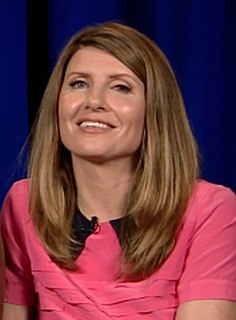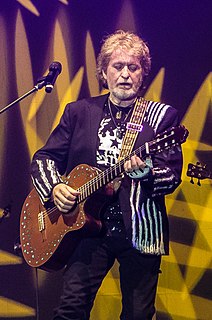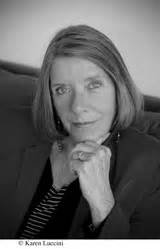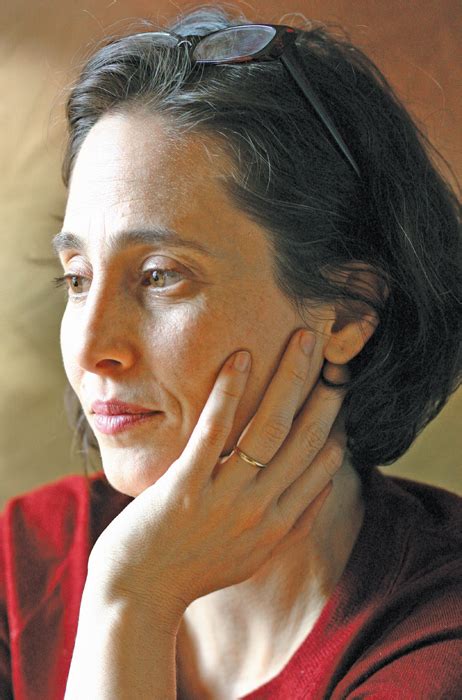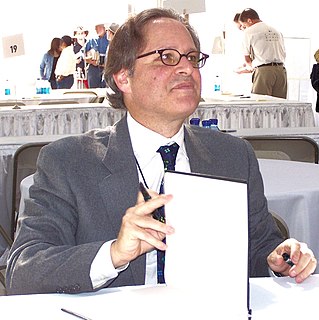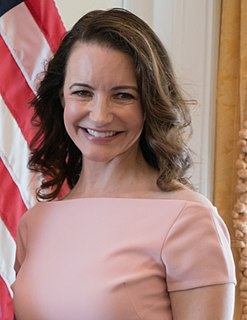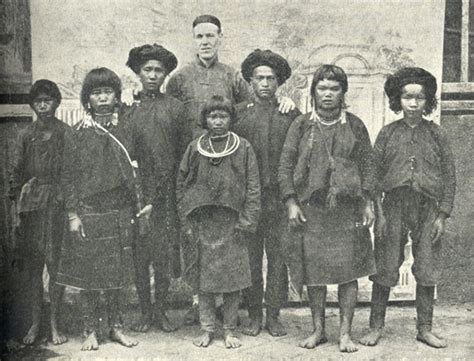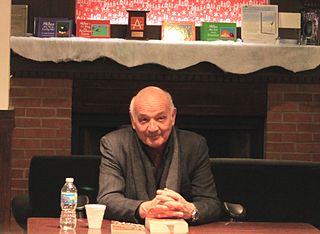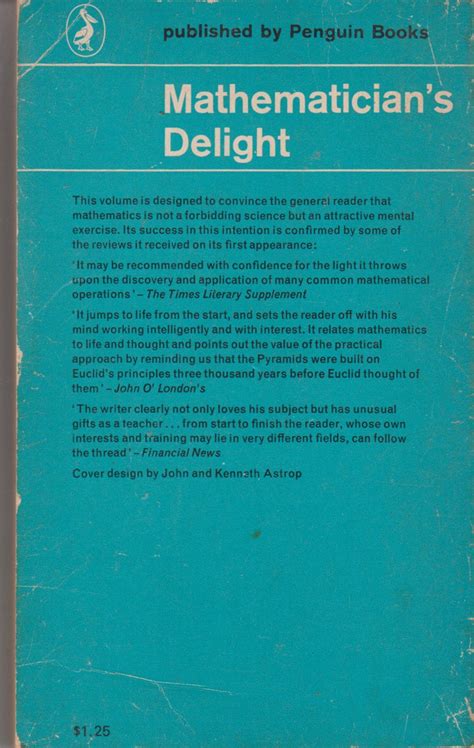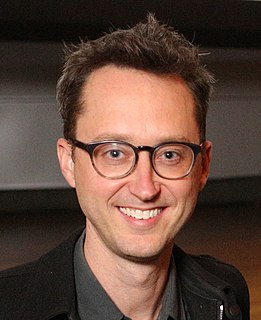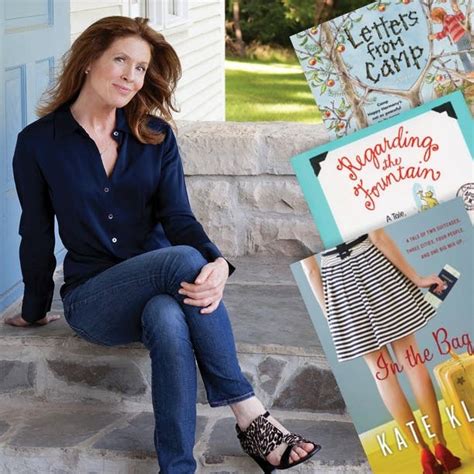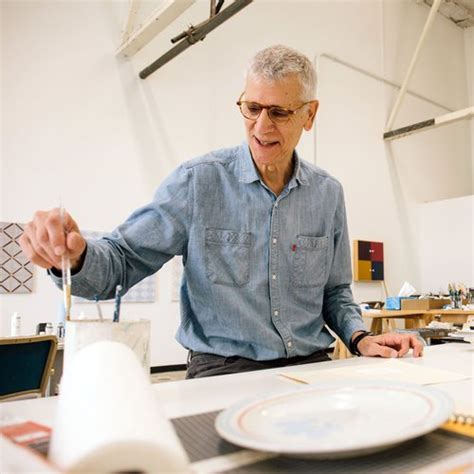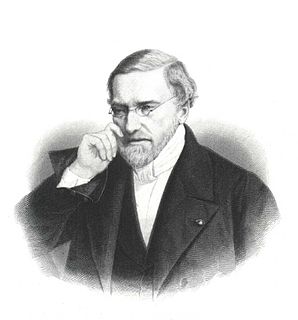Top 1200 Teaching Writing Quotes & Sayings - Page 7
Explore popular Teaching Writing quotes.
Last updated on December 19, 2024.
Whether it's writing a monologue or writing standup or writing a screenplay or writing a play, I think staying involved in the creation of your own work empowers you in a way, even if you don't ever do it. It gives you a sense of ownership and a sense of purpose, which I think as an actor is really important.
Writing has to do with truth-telling. When you're writing, let's say, an essay for a magazine, you try to tell the truth at every moment. You do your best to quote people accurately and get everything right. Writing a novel is a break from that: freedom. When you're writing a novel, you are in charge; you can beef things up.
When I was coaching I always considered myself a teacher. Teachers tend to follow the laws of learning better than coaches who do not have any teaching background. A coach is nothing more than a teacher. I used to encourage anyone who wanted to coach to get a degree in teaching so they could apply those principles to athletics.
Right now-whether you're in writing courses getting "paid" in credit for writing, or burdened and distracted by earning a living and changing diapers-figure out how to make writing an integral part of your life. Publication is good, and gives you the courage to go on, but publication is not as important as the act of writing.
Hinduism threw away Buddhism after taking its sap. The attempt of all the Southern Acharyas was to effect a reconciliation between the two. Shankaracharya's teaching shows the influence of Buddhism. His disciples perverted his teaching and carried it to such an extreme point that some of the later reformers were right in calling the Acharya's followers "crypto-buddhists".
I think serious research tends to be associated with higher academic quality, more prestige, more resources, and even, heaven help us, better teaching, to a greater extent than you might think. Folks who don't have an active intellectual life become, though the long years of just teaching, less intellectually alive and exciting.
My secret for writing is going back to clarity. I'm very clear about what I want to accomplish-the goal-and then the next two are focus and concentration. And I've probably spent my whole life both practicing those two and teaching them. Focus. Focus on a single point and concentration. And concentrating on a single thing till it's done.
I think we have to be active in teaching our children, and teaching each other. We have to be active about kindness and about peace. I've always fantasized that it would be great if there was a Department of Peace. We have a military, but what if there was a department devoted entirely and truthfully to finding peaceful resolutions?
I started doing yoga in my 20s. I did teacher training, that was what I was going to do if acting didn't work out. I started teaching other actors right at the beginning of the yoga craze - people still thought it was a little weird, but a lot of actors I knew were getting into it and didn't want to look foolish in class. So I started teaching them!
The secret to writing is just to write. Write every day. Never stop writing. Write on every surface you see; write on people on the street. When the cops come to arrest you, write on the cops. Write on the police car. Write on the judge. I'm in jail forever now, and the prison cell walls are completely covered with my writing, and I keep writing on the writing I wrote. That's my method.
Actually, I've taught creative writing in Turkey, at an English language university, where the students were native Turkish speakers, but they were writing their essays in English, and they were very interesting - even the sense of structure, the conventions of writing, the different styles of writing.
Writing fiction is very different to writing non-fiction. I love writing novels, but on history books, like my biographies of Stalin or Catherine the Great or Jerusalem, I spend endless hours doing vast amounts of research. But it ends up being based on the same principle as all writing about people: and that is curiosity!
For me, the moral dimension of life is that you are committed, to doing everything that you do, with a sense of excellence. That is the morality of writing, that you try and write as excellently as you possibly can. Or of teaching, or of childrearing, or of friendship. Of anything you do. And, I do try and live, as best I can, with all of the errors that I make, y'know, a value-driven life. And that is defining values as trying to give everything you do, everything you've got.
No other job in the world could possibly dispossess one so completely as this job of teaching. You could stand all day in a laundry, for instance, still in possession of your mind. But this teaching utterly obliterates you. It cuts right into your being: essentially, it takes over your spirit. It drags it out from where it would hide.
I haven’t had trouble with writer’s block. I think it’s because my process involves writing very badly. My first drafts are filled with lurching, clichéd writing, outright flailing around. Writing that doesn’t have a good voice or any voice. But then there will be good moments. It seems writer’s block is often a dislike of writing badly and waiting for writing better to happen.
The infallibility and inerrancy of biblical teaching does not, however, guarantee the infallibility and inerrancy of any interpretation or interpreter of that teaching; nor does the recognition of its qualities as the Word of God in any way prejudge the issue as to what Scripture does, in fact, assert. This can be determined only by careful Bible study.
My notion of a failed writing workshop is when everybody comes out replicating the teacher and imitating as closely as possible the great original at the head of the table. I think that's a mistake, in obvious opposition to the ideal of teaching which permits a student to be someone other than the teacher. ... The successful teacher has to make each of the students a different product rather than the same.
The problems you have as a novelist tend to have to do with making a living and trying to find ways to supplement the income you get from writing novels. For a lot of writers, that involves teaching. In my case, so far, I've been able to get by working in Hollywood with this TV stuff I've been doing. And it's very important, because my wife is a writer, too, and we don't have health insurance through any employer.
When we find ourselves unable to reason (as one often does when presented with, say, a problem in algebra) it is because our imagination is not touched. One can begin to reason only when a clear picture has been formed in the imagination. Bad teaching is teaching which presents an endless procession of meaningless signs, words and rules, and fails to arouse the imagination.
I have a seven-level program and through even into the fifth level it can be all done from a distance. "Why not?" is how I feel about it, because energy is not confined by time or space, so why should my teaching be. I'm teaching energy and how to manage it, how to handle it, and how to heal with it.
Write all the time. I believe in writing every day, at least a thousand words a day. We have a strange idea about writing: that it can be done, and done well, without a great deal of effort. Dancers practice every day, musicians practice every day, even when they are at the peak of their careers – especially then. Somehow, we don’t take writing as seriously. But writing – writing wonderfully – takes just as much dedication.
There is a gap between the knowledge, skills, or state of mind of the learner and what he is to learn, which it seems to me any teaching activity must seek to bridge if it is to deserve that label. Teaching activities must therefore take place at a level where the pupil can take on what it is intended he should learn.
I learn more about how to run a set teaching six-year-olds. You go into a classroom as a teacher, and the most important work you do is create an infrastructure and an environment that's safe, in which children will feel able and free to take risk. Working with actors, you have to establish the same thing. Teaching a class is not so different than mounting a production.
Many adult book authors supplement their income by teaching at the college level. Full-time professors fare well, but pay for adjunct professors is notoriously shabby. Children's book authors have a sweeter deal. We're invited by schools, libraries, law firms, and Fortune 500 companies to share our best writing tips and strategies.
But as Nature is the best guide, teaching must be the development of natural inclinations, for which purpose the teacher must watch his pupil and listen to him, not continually bawl words into his ears as if pouring water into a funnel. Good teaching will come from a mind well made rather than well filled.
Teaching literature is teaching how to read. How to notice things in a text that a speed-reading culture is trained to disregard, overcome, edit out, or explain away; how to read what the language is doing, not guess what the author was thinking; how to take evidence from a page, not seek a reality to substitute for it.
Teaching and writing, really, they support and nourish each other, and they foster good thinking. Because when you show up in the classroom, you may have on the mantle of authority, but in fact, you're just a writer helping other writers think through their problems. Your experience with the problems you've tried to solve comes into play in how you try to teach them to solve their problems.
My life as a painter influences my teaching and my duties as president of CCA - and I hope some of the experience of working at an exciting art school also spills over into my studio work. I believe most artists are adept at juggling multiple responsibilities - whether it's work, teaching, caring for family members or attending to relationships - with their studio commitment.
I have always taken as the standard of the mode of teaching and writing, not the abstract, particular, professional philosopher, but universal man, that I have regarded man as the criterion of truth, and not this or that founder of a system, and have from the first placed the highest excellence of the philosopher in this, that he abstains, both as a man and as an author, from the ostentation of philosophy, i. e., that he is a philosopher only in reality, not formally, that he is a quiet philosopher, not a loud and still less a brawling one.
Teaching a practice can also be a hindrance if it becomes one's identity. To be a spiritual teacher is a temporary function. I'm a spiritual teacher when somebody comes to me and some teaching happens, but the moment they leave I'm no longer a spiritual teacher. If I carry the identity of spiritual teacher, it will cause suffering.
In fact, Gentlemen, no geometry without arithmetic, no mechanics without geometry... you cannot count upon success, if your mind is not sufficiently exercised on the forms and demonstrations of geometry, on the theories and calculations of arithmetic ... In a word, the theory of proportions is for industrial teaching, what algebra is for the most elevated mathematical teaching.



